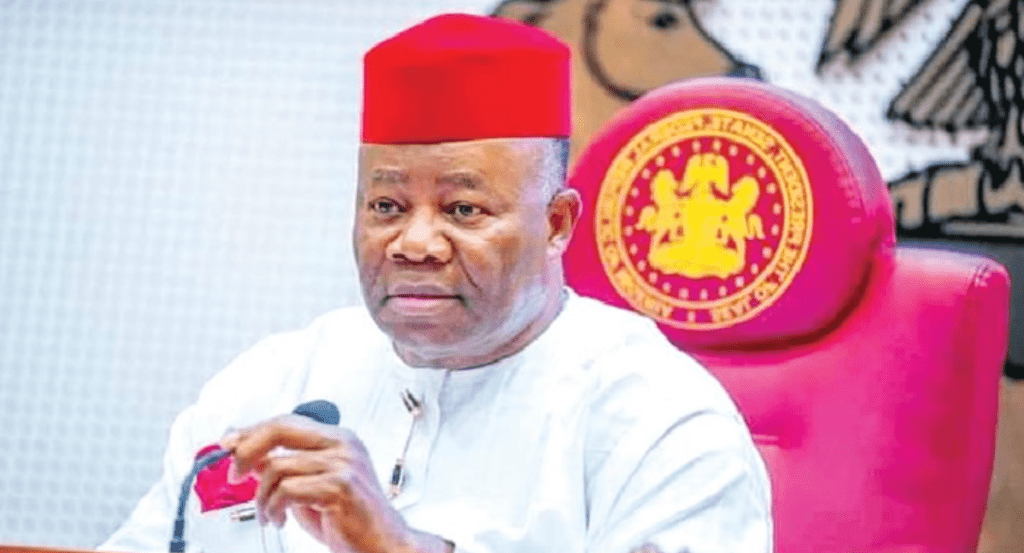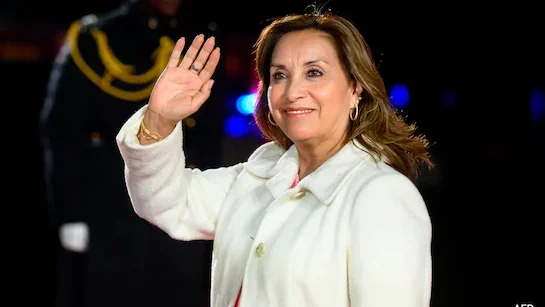The Nigerian Senate has approved the 2025 national budget, raising the initial proposal to ₦54.9 trillion, an increase of ₦700 billion. The budget passage follows extensive deliberations aimed at addressing economic challenges and funding critical sectors of the economy.
The budget, originally presented by President Bola Tinubu, was increased by the National Assembly to accommodate additional spending needs, including infrastructure, security, and social programs. Senator Jibrin Bichi, Chairman of the Senate Appropriations Committee, explained that the increase was necessary to address emerging fiscal demands and ensure adequate funding for key government projects.
During the budget consideration, lawmakers scrutinized allocations across various sectors, emphasizing the need for efficiency and accountability in government spending. The Senate’s approval paves the way for full implementation, with expectations that the executive will prioritize economic growth, job creation, and poverty reduction.
The 2025 budget is structured to drive fiscal stability, with significant allocations to security, education, healthcare, and infrastructure. A substantial portion is also directed toward debt servicing, reflecting Nigeria’s ongoing efforts to manage its financial obligations amid revenue constraints.
The budget process highlights ongoing economic challenges, including inflation and foreign exchange volatility, which have affected fiscal planning. Lawmakers stressed the need for prudent financial management to ensure that the increased budget delivers tangible benefits to Nigerians.
With Senate approval secured, the budget now awaits presidential assent before implementation begins. Analysts will be closely watching how the government executes its spending plan and whether the increased allocation will translate into improved public services and economic growth.























